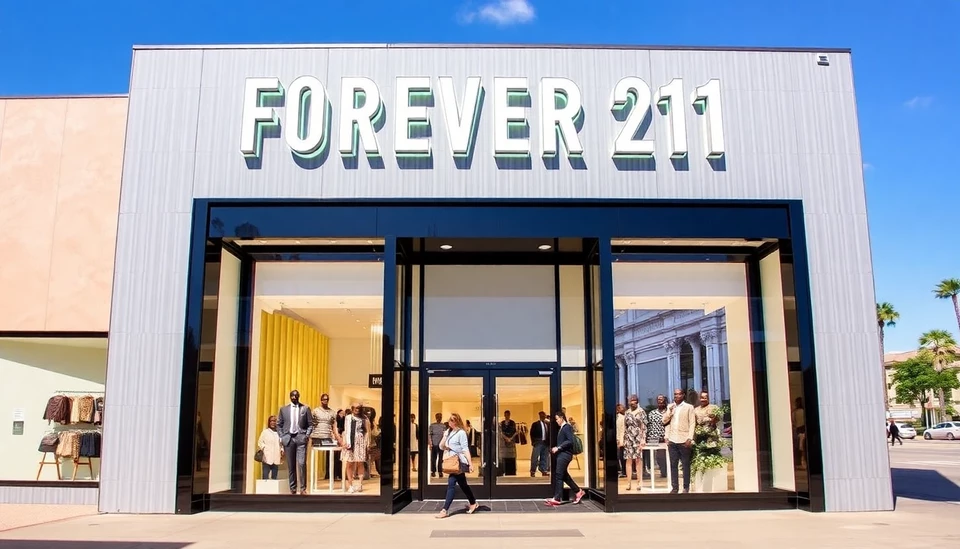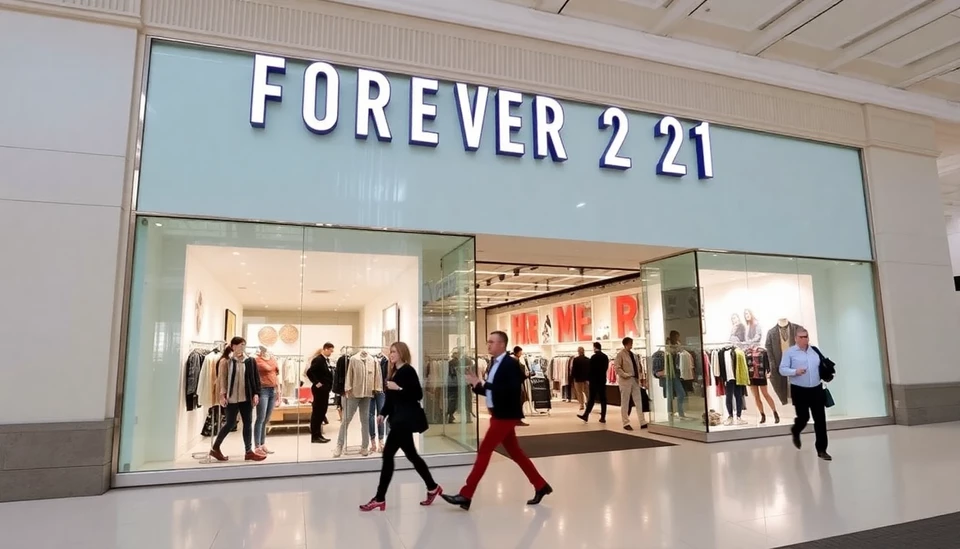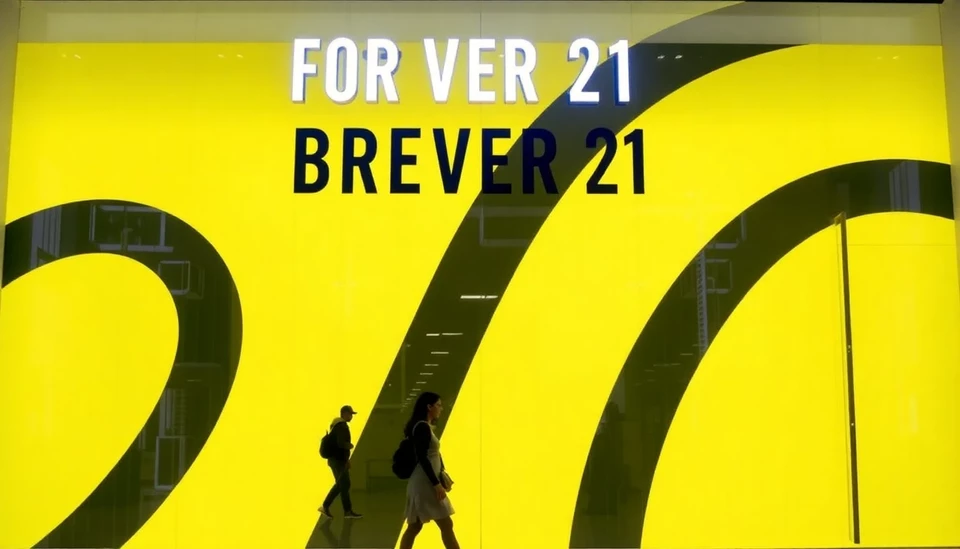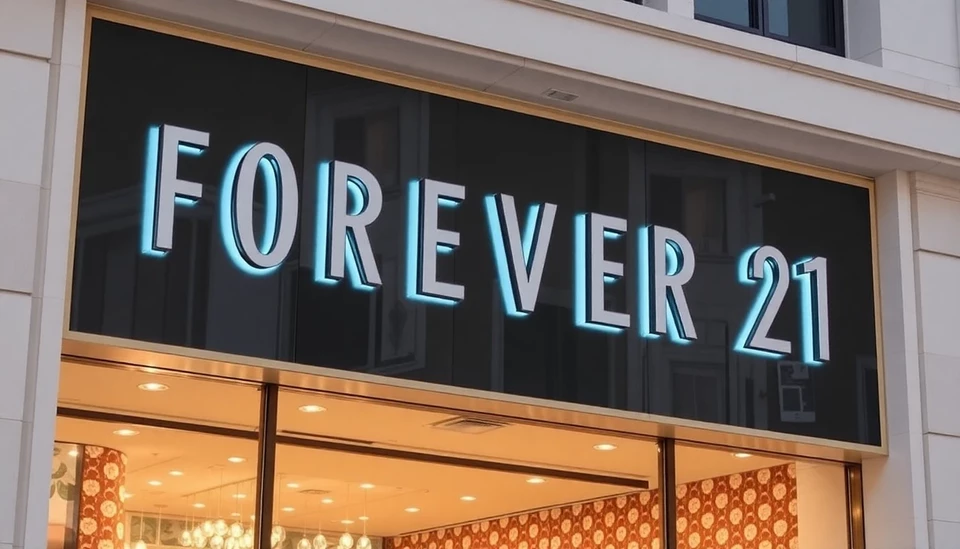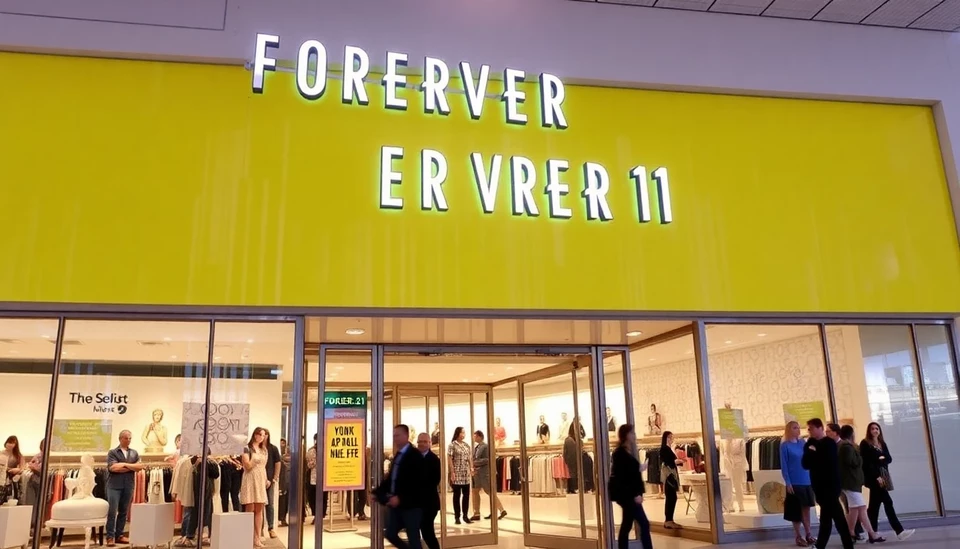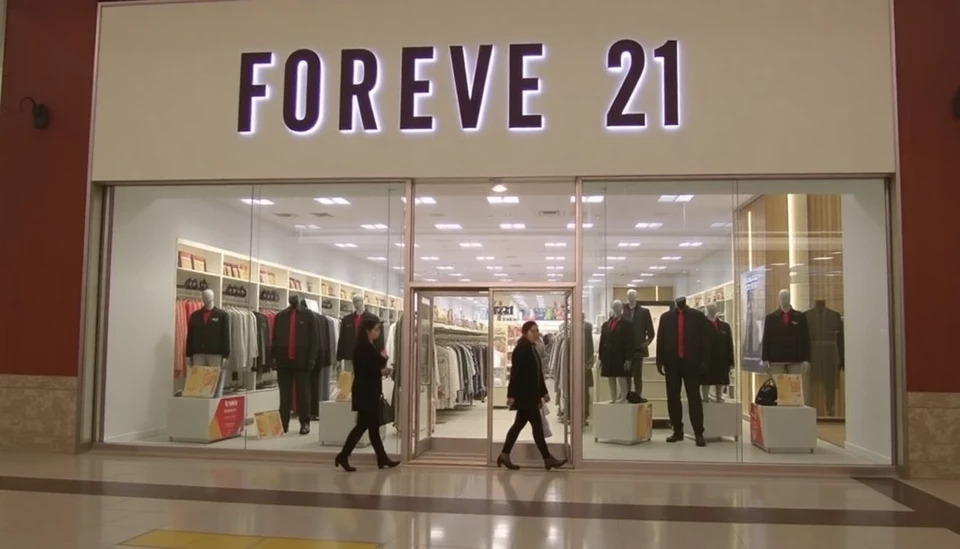
In a shocking turn of events, the popular fashion retailer Forever 21 has filed for bankruptcy, leaving a cloud of disappointment and frustration among its vendors. This latest development marks a significant moment as many suppliers, who had invested their resources and time into promising relationships with the retailer, feel deeply betrayed by the sudden decision.
The bankruptcy filing is not just a legal maneuver; it reveals the fragility of the modern retail landscape where brands like Forever 21 once thrived. For numerous vendors, this outcome wasn't merely an unfortunate circumstance—rather, it was seen as a calculated betrayal. Vendors claim they poured substantial amounts of capital into inventory and marketing efforts with the expectation of driving substantial sales. Instead, they now face the grim reality of unsold merchandise and financial losses.
Many vendors asserted that they had been misled by Forever 21 about the fiscal health of the company. One vendor pointed out, “They played us,” expressing their disbelief over how the retailer continued to take in new stock even as signs of financial instability were unmistakable. As the news of the bankruptcy circulates, many suppliers are demanding accountability, articulating their anger about not being informed earlier of the company’s precarious financial position.
Forever 21, once a staple for trendy, affordable apparel, has seen its fortunes wane over the past few years, reflected in declining sales and growing competition from an array of fast-fashion brands. The company’s strategy has increasingly come under scrutiny, with some financial analysts highlighting a lack of innovation and an inability to adapt to the evolving retail landscape as key drivers of its collapse.
The bankruptcy also underscores a broader trend affecting many traditional retailers who have struggled to navigate the post-pandemic world, where online shopping has drastically changed consumer behavior. A significant shift towards e-commerce demanded that physical stores adapt rapidly, yet Forever 21 failed to meet these challenges effectively.
As former connections fray, vendors are left to ponder their next steps, some considering legal action to recover losses incurred as a result of their affiliation with the defunct retailer. Others express a sense of betrayal, believing they devoted their loyalty and trust to a brand that ultimately failed to uphold its end of the bargain.
With the bankruptcy proceedings expected to unfold over the coming months, vendors will be watching closely to see if they will receive any compensation for their efforts and investments with Forever 21. For many, the outcome will determine not just their immediate financial future, but how they approach partnerships with retailers in the years to come.
The fallout from Forever 21's decision stretches beyond its corporate walls, impacting the livelihoods of vendors and raising pressing questions about the sustainability of fast-fashion business models in an ever-evolving market.
As this story continues to develop, it serves as a cautionary tale for suppliers navigating relationships in the volatile retail sector, emphasizing the need for transparency and trust in all business dealings.
#Forever21 #Bankruptcy #RetailIndustry #Vendors #Fashion #Suppliers #BusinessNews #Ecommerce #FastFashion #ConsumerTrends
Author: Victoria Adams
